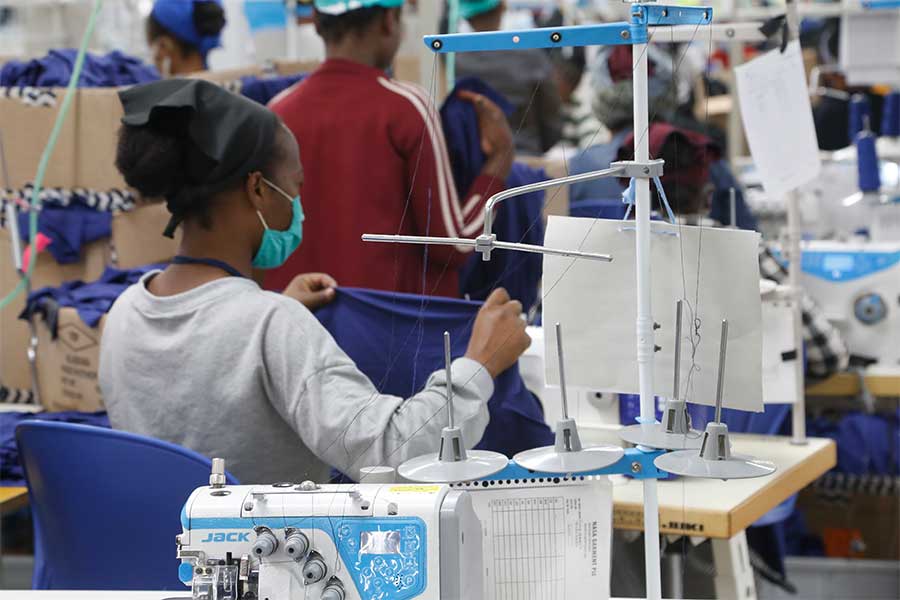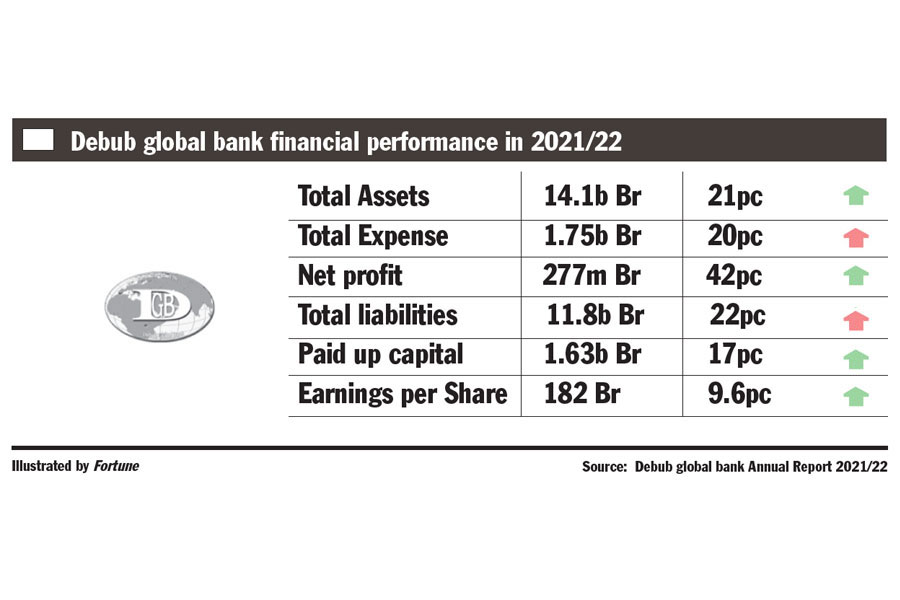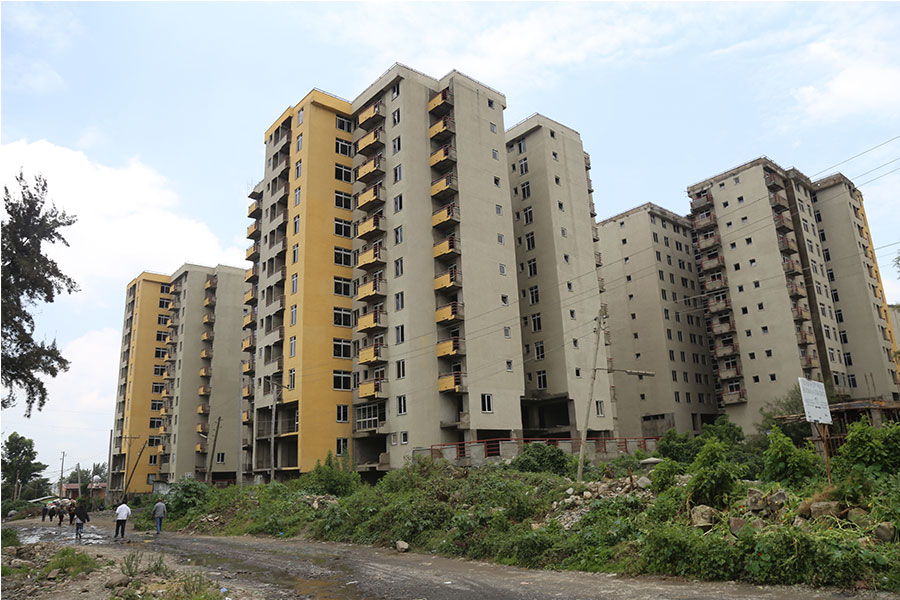
Viewpoints | Aug 12,2023
The state-owned Ethiopian Shipping & Logistics Services Enterprise (ESLSE) is to spend 19 million dollars to procure 2,958 containers, up by two million dollars from a similar acquisition it undertook earlier this year.
A global shipping disruption led to a drastic surge in the cost of containers and rising prices of commodities across the world. The cost of transporting a 40ft container from China to the United States has escalated from less than 5,000 dollars in August 2020 to over 17,000 dollars a year later this month.
The global shortage of containers began at the end of last year, caused by a slump in production by manufacturers in China, which account for over 90pc of the market share. The companies cut production after experiencing a surplus earlier in March 2020, when an equivalent of more than three million empty 20-foot containers was awaiting buyers at Chinese ports, and another 1.2 million sat in storage.
Despite the shortfall, the Enterprises's call for the supply of 1,101 40ft and 1,857 20ft containers had attracted the attention of 19 bidders. However, only six participated, and four made it to the financial evaluation, including Guangdong Pi Power Co. Ltd, CCCC Tianjin, and CXIC Group Container Co. Ltd,. The Emirati Almeriyan International FZE was the only non-Chinese bidder shortlisted.
CCCC Tianjin won after offering the lowest bid of 4,500 dollars apiece for 20ft containers and 7,500 dollars for the 40ft variety. It is expected to deliver the containers within 60 days following the signing of the agreement. Its parent company, the China Communications Construction Company Limited (CCCC), has been the main contractor for the passenger terminal upgrading project of Addis Abeba Bole International Airport and the Adama Expressway road.
Established in 1994, CXIC is among the pioneer manufacturing companies in China, with an annual production of 250,000 containers. It won the first bid after offering 17 million dollars to supply 3,000 shipping containers and handed over the boxes to the Enterprise's agents in Chinese ports this month. It received a payment of 3,800 dollars for a 20ft container and 6,800 dollars for 40ft.
The offer made by CCCC Tianjin is 15pc higher than what the Enterprise agreed to pay CXIC while procuring 3,000 containers two months ago.
"The price is higher due to changes in the global market," said Wondimu Denbu, deputy CEO for corporate services of the Enterprise.
The Enterprise has been forced to make the procurements in the wake of an outcry from many importers, who have reported their goods are stranded, particularly in Chinese ports, due to a lack of shipping containers. The Enterprise has also quadrupled its rates to compensate for similar increases in global shipping prices, now charging 4,838 dollars and 9,223 dollars to ship 20ft and 40ft containers, respectively.
The latest procurement will bring the Enterprise's total stock of containers to around 10,000, although its executives also admit this will not fully avail the situation.
Fitsum Alemayehu, of Biotech Plc, a company importing medicines mostly from Asia, hopes to see the procurement ease the shortage. His company has been struggling to ship products in from China over the past year.
Matiwos Ensermu (PhD), an associate professor of logistics and supply chain management at the Addis Abeba University, the Enterprise's decision to acquire containers is prudent than renting, given the shortage of containers on the market.
"It won't be enough, but it's the better option," said Matiwos.
ESLSE executives say further procurements will be on hold until next year.
"We won't be buying more containers this year," said Wondimu.
PUBLISHED ON
Aug 28,2021 [ VOL
22 , NO
1113]

Viewpoints | Aug 12,2023

Fortune News | Mar 05,2022

Commentaries | Oct 14,2023

Fortune News | Apr 15,2023

Commentaries | Feb 01,2019

Radar | Oct 15,2022

Fortune News | Feb 09,2019

Viewpoints | Feb 12,2022

Radar | Sep 21,2025

Viewpoints | Jun 18,2022

Dec 22 , 2024 . By TIZITA SHEWAFERAW
Charged with transforming colossal state-owned enterprises into modern and competitiv...

Aug 18 , 2024 . By AKSAH ITALO
Although predictable Yonas Zerihun's job in the ride-hailing service is not immune to...

Jul 28 , 2024 . By TIZITA SHEWAFERAW
Unhabitual, perhaps too many, Samuel Gebreyohannes, 38, used to occasionally enjoy a couple of beers at breakfast. However, he recently swit...

Jul 13 , 2024 . By AKSAH ITALO
Investors who rely on tractors, trucks, and field vehicles for commuting, transporting commodities, and f...

Oct 4 , 2025
Eyob Tekalegn (PhD) had been in the Governor's chair for only weeks when, on Septembe...

Sep 27 , 2025
Four years into an experiment with “shock therapy” in education, the national moo...

Sep 20 , 2025
Getachew Reda's return to the national stage was always going to stir attention. Once...

Sep 13 , 2025
At its launch in Nairobi two years ago, the Africa Climate Summit was billed as the f...